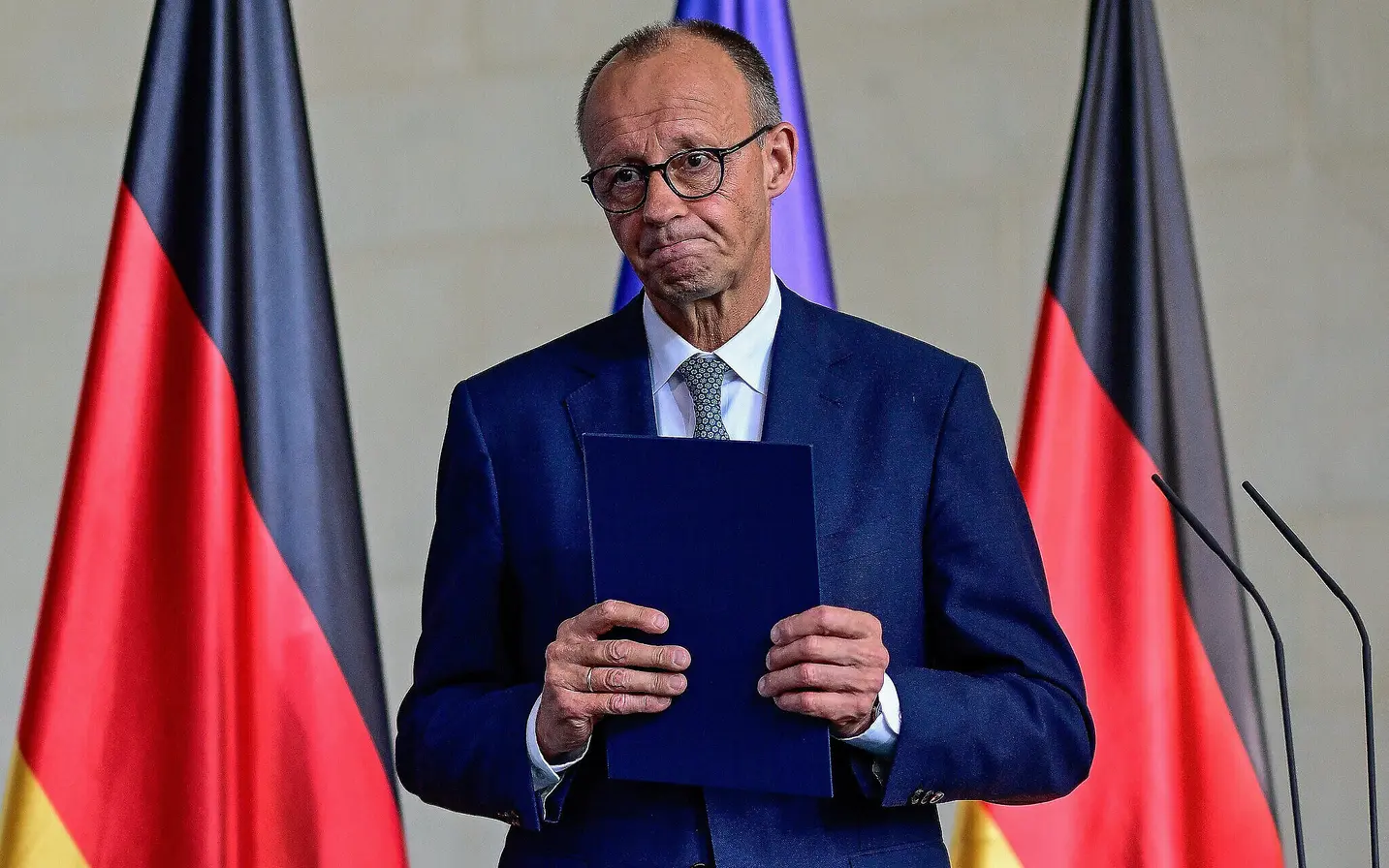T4K3.news
Ceuta migrant crisis tests regional response
A surge of migrants reaches Ceuta, stressing the city’s capacity and prompting talks of redistributing minors across Spain.
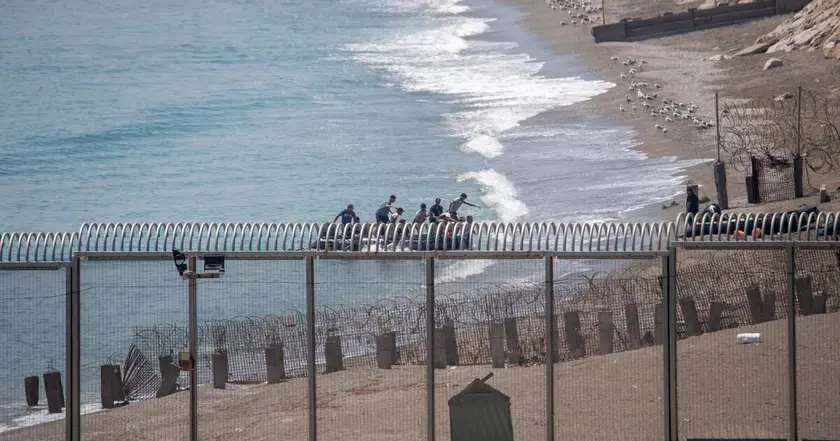
Ceuta, a small Spanish enclave in North Africa, struggles with a rising migrant influx and pressure on resources while officials weigh humanitarian duties against border control.
Ceuta Faces Crisis as Migrant Influx Pushes City to Breaking Point
About 100 people, many of them children, attempted a dangerous swim from Morocco to Ceuta on Saturday as migrant crossings rise. Dozens were intercepted and seven children reached shore before being handed over to regional authorities. The voyage across the Strait of Gibraltar supplies a grim reminder of the risks migrants take to reach Ceuta, a city that has long lived under tight border controls.
In recent weeks Ceuta has faced a sharp increase in migrant arrivals. The city’s president, Juan Jesús Rivas, has warned that Ceuta is “totally overwhelmed” by the number of minors it is hosting and described the situation as unsustainable. Local officials have said the territory hosts far more foreign minors than its official capacity allows, prompting plans to redistribute thousands of minors across Spain’s regions. Opposition parties have resisted some of these redistribution efforts, complicating a response that must balance protection for vulnerable children with political and budgetary constraints.
Key Takeaways
"We’re a territory that comprises 20 square kilometres of the 500,000 square kilometres that make up the whole of Spain, but we take in 3% of the minors."
Rivas on the mismatch between Ceuta’s size and its child intake.
"The situation in Ceuta is one of collapse and that poses a very serious risk when it comes to looking after minors and to the city as a whole."
Rivas’s assessment of the impact on governance and care standards.
"The territory was hosting 528 foreign minors when it was officially only able to hold 27."
Capacity gap cited by authorities.
"More than 50,000 migrants have arrived in the UK after crossing the English Channel since Labour returned to power."
Broader European migration context linked in the article.
The Ceuta case exposes the wider tension between safeguarding vulnerable migrants and the political calculus of border policy in Europe. Small, densely populated territories bear a disproportionate share of the humanitarian burden, and the numbers outpace local facilities. Policy tools like redistribution of minors aim to ease pressure, yet they collide with regional politics and budget pressures. The episode also highlights how media framing can shape public perception of migrants versus the practical needs of local administrations. A measured, rights-based approach that pairs adequate funding with cross-regional cooperation is essential to prevent humanitarian failures and political backlash.
Highlights
- Small city, big problem, fragile lives
- The border battle is fought on the water
- Protection for minors must outweigh politics
- Numbers tell a humanitarian story that policies must answer
Political and humanitarian risk around Ceuta migrant policy
The piece highlights sensitive policy choices that will affect minors and border communities. Redistribution plans meet political resistance and budget scrutiny, creating potential for political backlash and public criticism.
The crisis challenges more than a city; it tests the durability of Europe’s commitment to protect vulnerable people.
Enjoyed this? Let your friends know!
Related News
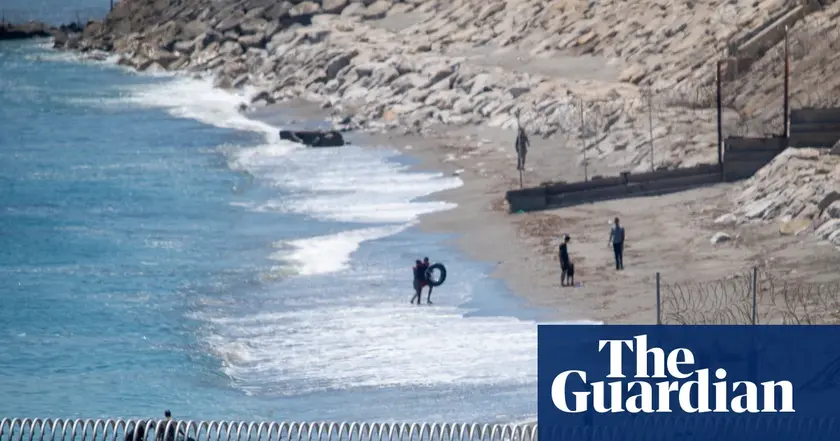
Ceuta overwhelmed as migrants swim
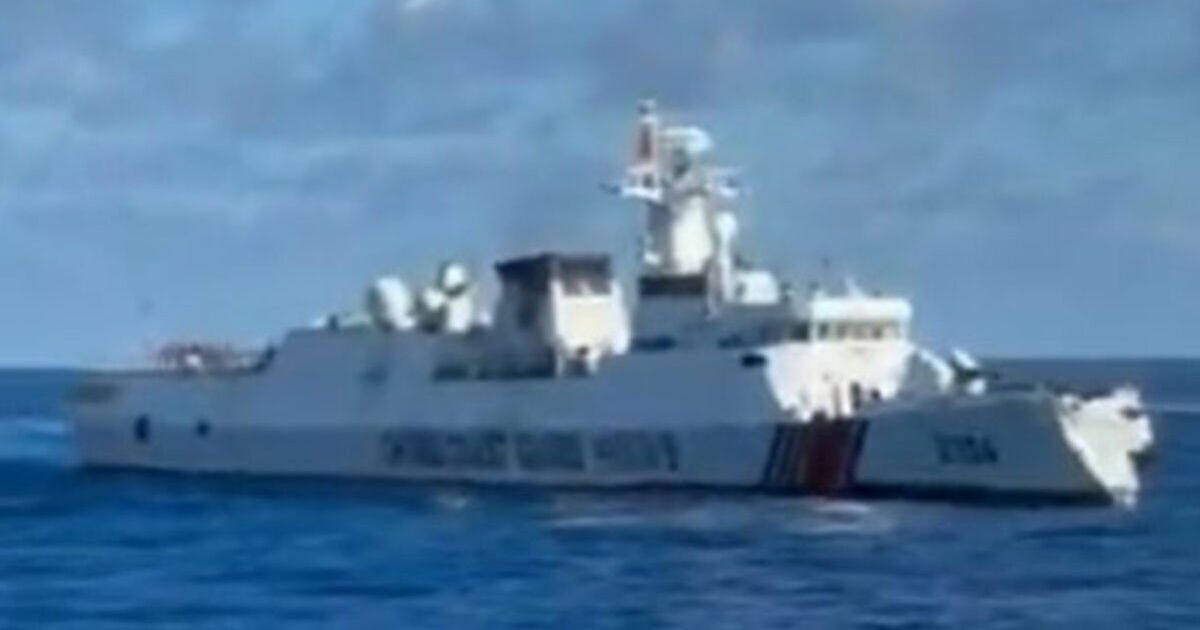
South China Sea collision deepens standoff

Satellite data confirm 10,000 hectares burned in Greece
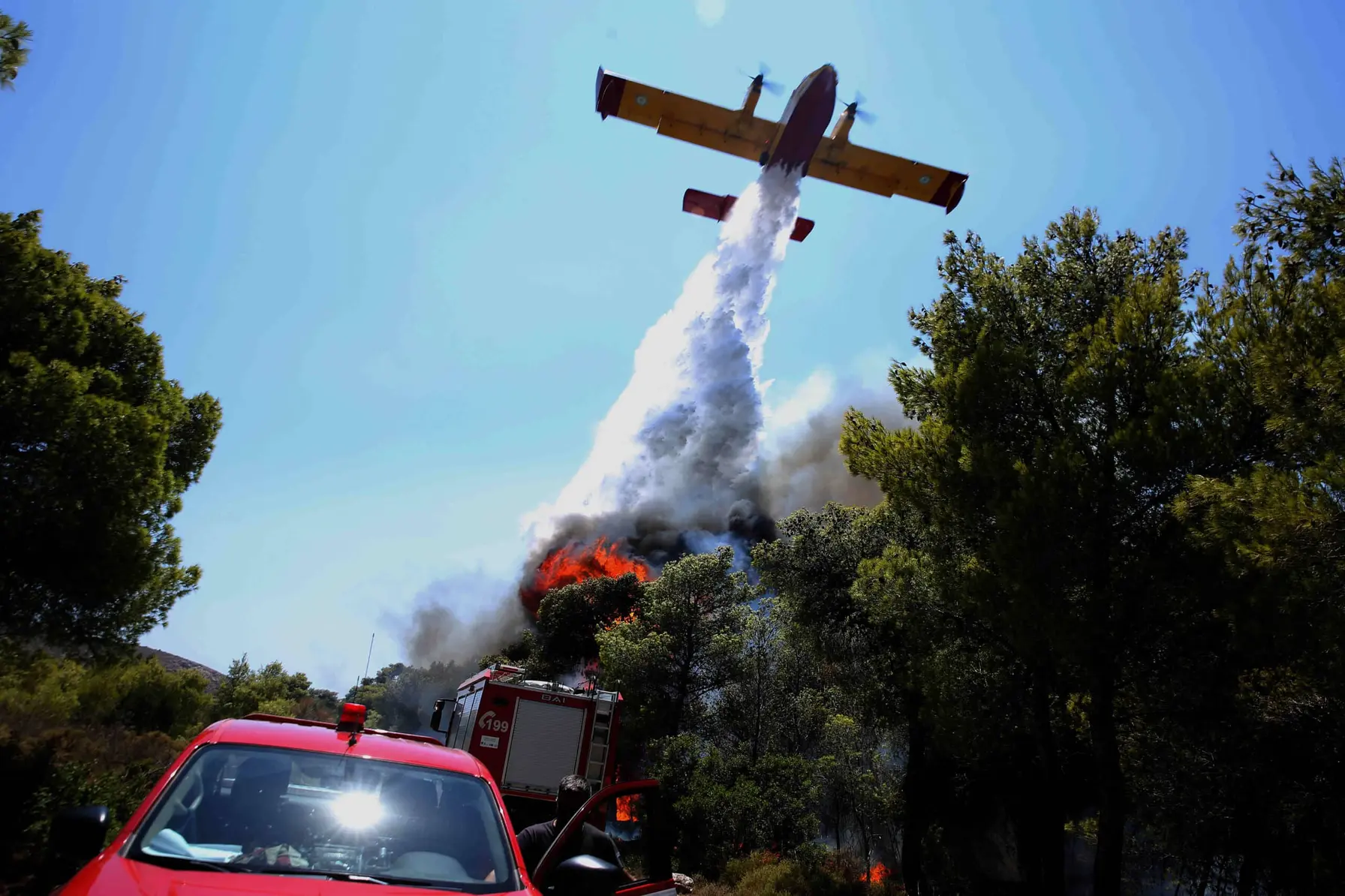
Greece faces worsening forest fires as satellite data shows 24,000 acres affected
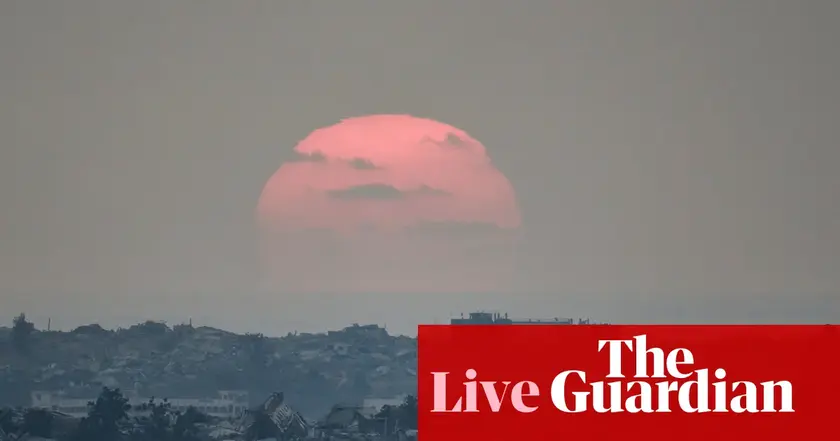
Gaza City plan triggers international backlash
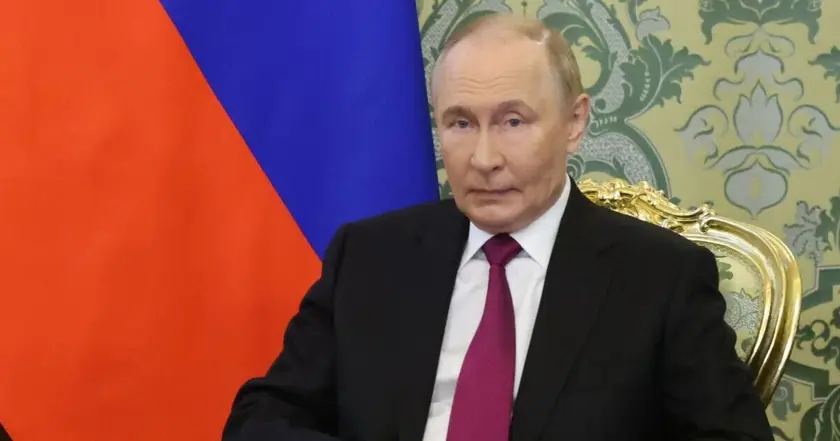
Russia risks 129 towns vanishing
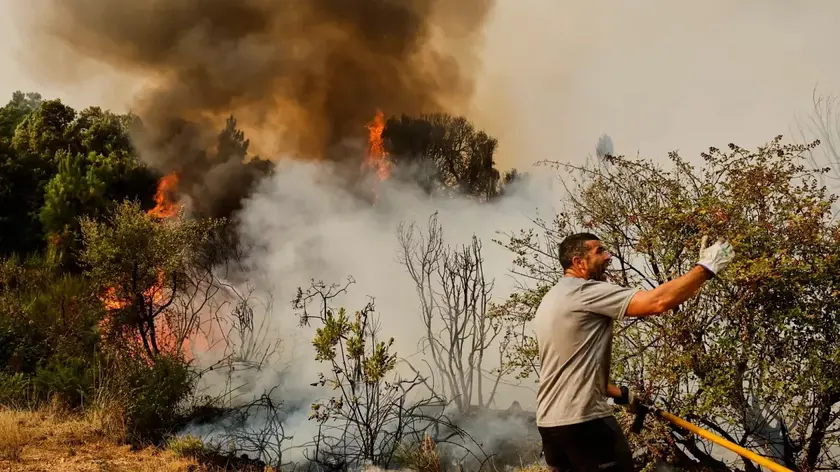
Record wildfires test European response

Botulism outbreak prompts nationwide broccoli recall
